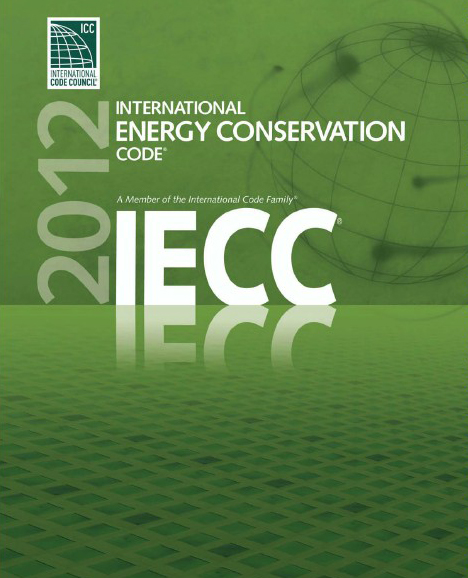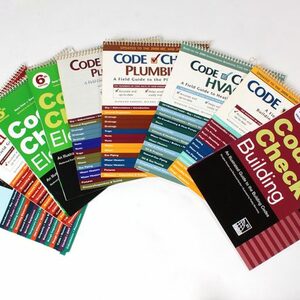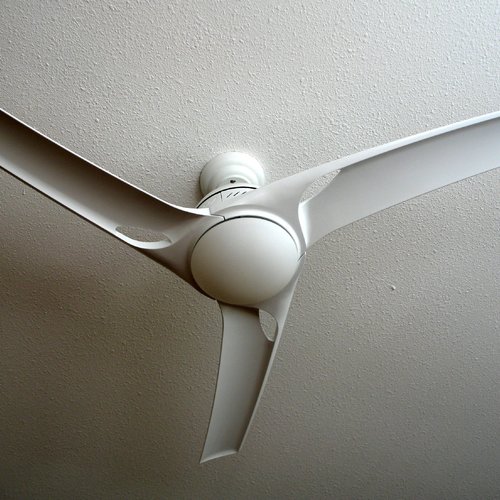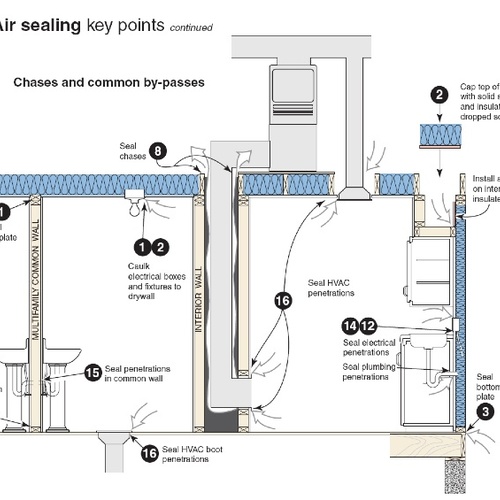
Image Credit: ICC
I’ve been on a bit of a rant lately about the poor state of energy code enforcement and its effect on building performance. The rules are there, but not enough people are following them. This misbehavior leads to excessive energy use, providing support to the energy and utility industries, and does nothing to reduce our dependence of foreign oil.
That got me thinking about other rules and laws that don’t get followed and the resulting consequences. The first thing that comes to mind is illegal drugs. They are against the law, but lots of people use them and only few get caught. Buying those drugs tends to support crime and violence, but the risk of getting caught is low enough to keep people buying.
Many people also pay employees and subcontractors off the books – supporting tax evasion and illegal immigration. A few get caught, but like drugs and energy codes, the risk/reward relationship is one that leads many to flout the rules. Other examples include speeding and drunk driving – when the rules are enforced, fewer people break them.
The code is getting more stringent
The 2009 IECC is a good start toward higher performing buildings, and the 2012 code will be even better, but neither will be any good if builders don’t abide by them. As I discussed in an earlier post, Georgia has implemented some good amendments to the 2009 code, including required blower door and duct testing for all new homes.
The problem is that enforcement is moving slowly. The 2012 code, significantly more stringent than the current one, should be in place in a few years. If the industry can’t meet the current code almost two years into the process, how are they going to meet the new, tougher code?
What will it take?
So how will we get to a higher level of code enforcement?
The current political climate, particularly the rise of the radical right, is pushing the country towards less rather than more government. I’m reminded of a few months I spend as one of the very few liberal and environmental leading members of the Georgia governor’s energy policy council in 2006. One discussion focused on budgeting for energy code training and enforcement. There was a lot of pushback from the group, one heavily weighted towards utilities and large corporations. My argument was that we already had the rules, we just needed to enforce them better – not much different from putting more cops on the street to make people safer.
I did manage to persuade the group that it was the right thing to do, although most of the final plan still remains to be implemented. I do have hopes that code enforcement, along with increased consumer demand for better and more efficient homes will lead us on a path to better buildings.
I am afraid, however, that along with drugs, drinking and driving, speeding, and paying people off the books, energy code enforcement will take a back seat to other pressing issues for many years to come.
Weekly Newsletter
Get building science and energy efficiency advice, plus special offers, in your inbox.















7 Comments
Empower the code officials
Minnesota did give building officials, in the Twin Cities metro area at least, the backing to enforce the new energy code in the early 2000's. It is a good code, new homes became dramatically more airtight, energy efficient and we are better for it.
Too bad not more like EPA MPG regs for cars
I think a good analogy could be made with the auto industry. i can recall arguments by the auto industry against seat belts, additional safety measures, better MPG, etc. Somehow our government realized that it was in our best interests to mandate these changes, despite objections from powerful lobbying interests. My guess it will take another energy crisis before the political courage (if even such a thing exists) to overcome these obstacles will happen.
We're stumbling along here too
We have blower door testing for new homes, but you don't have to pass. Most builders don't know much about energy efficient building, and most customers don't seem to care, especially if they perceive higher initial cost. Electric rates are fairly low in the region, which plays a part.
You communists should be ashamed of yourselves.
It's called freedom and the private market. When utility rates go up, people will invest wisely. Today's building codes are NOT wise investments. For those of you that don't know ROI, either learn it or shut up about codes. "energy" codes! R-value used to be for condensation, now you think our govt. has the right to tell us what R-value to put in our walls in our 20,000sqft mansions? Idiotic anybody? COME ON!!!! Stop being such nanny state tools. Yeah, look at the car industry, the number one selling vehicle two years ago was the F-150, this year it was a chevy 1500 I believe.........IDIOTS! Look at what MPG rules have done! LOL Customers still have rights, you communists might not want them to, but they do. And if I want to build a house with minimum R for condensation, and heat with firewood, you can take your "energy" codes and shove them where they belong! Wake up toolbags, stop promoting more gubment control, because you are too stupid to control yourselves.
Energy Code Changes
Actually, energy codes have changed very little in the last 30 years. I built my first R-50 wall in 1983. It was voluntary then and would still be voluntary today, the code requires nothing like this anywhere in the US. There is utility in building energy efficient buildings, the yearly operating costs can be lower and comfort can be greater, there is no downside in my opinion.
For those who care about the details of senseless arguments
Dear Mr. Heckler,
The Ford F-series truck was the top selling vehicle this year, not the chevy 1500. And those governmental "codes" and "requirements" (such as seatbelts being manditory in vehicles) that you hate so much save millions of lives every year because they hold manufacturers up to a higher standard in order to preseve the safety of this country's citizens. These codes also are essential in protecting the environment from contractors who would rather take shortcuts in order to save money. Without these building codes we would all fall victim to the tragedy of the commons.
Sincerely,
Karl Marx
Toolbags! Love it
Toolbags! Love it LOL
Toolbags!
Log in or create an account to post a comment.
Sign up Log in